How does a wrestling coach determine what wrestling camp is the best fit for the individual wrestler within its club or program?
Start by focusing on two major areas, says Troy Nickerson, head coach at the University of Northern Colorado and director of Troy Nickerson’s Northern Colorado Wrestling Camps.
If the wrestler is more experienced look into an intensive or competition camp, says Nickerson.
“During these camps, one can learn the same techniques that they would in a technique camp, however, these camps tend to move at a much higher pace,” says Nickerson. “This is why I typically recommend these camps to the older and more experienced wrestlers. By exposing yourself to other talented workout partners, one will be able to utilize the techniques they learn in practice against a higher quality opponent.”
The challenge coaches face is that each wrestler has his or her own skill set, experience, desire and intensity level. Younger wrestlers may attend camp looking for something fun to do over the summer with their friends, while more experienced high school wrestlers may attend camp looking to get noticed by college coaches. There are technique camps, team camps, intensive camp, father-son camp, day camps, overnight camps, commuter camps and more. That’s why when coaches are asked what camp is best for each individual wrestler, there is no one-size-fits-all answer.
“One has to consider body type, wrestling skills and athleticism,” says Nickerson, who adds that exposure to a variety of camps and coaching staffs can benefit the development of wrestlers over the course of their career. “But without the exposure, it is tough to know what will work best for each individual athlete. I tell my athletes all the time that if they can pick out one new technique from each camp they attend, then the camp was worth it.”
In the book “The Ultimate Guide to Wrestling Camps,” Mark Reiland, an NCAA champion at the University of Iowa under Dan Gable and head coach of the Iowa City West High School wrestling team, says coaches play a critical role in helping their wrestlers pick a wrestling camp.
Says Reiland: “Who knows a wrestler and his needs better than his coach?”
Coaches can also help parents when selecting a wrestling camp.
“A coach can help the wrestler and parents get the biggest bang for their buck and help them determine what would be the best value for their money,” says Reiland.”
Coaches must emphasize with wrestlers that attending summer camp alone will not make a wrestler a state champion or secure a starting spot in the lineup. It’s one of many steps in the training and development of today’s wrestler. Taking what is learned at camp and applying in one’s regular training routine is crucial and that can be accomplished in a new environment at a wrestling camp.
“We all get in the habit of wrestling the same partners every day,” says Nickerson. “When you have the opportunity to wrestle new partners, take advantage of it. This will help one execute at a higher level.”
David Thorn, a four-time Minnesota state high school champion at St. Michael-Albertville High School and a two-time All-American at the University of Minnesota, has created Thorn Wrestling, featuring a series of summer wrestling camps to be held in Odin, located in South Central, Minnesota.
He says coaches and wrestlers can benefit greatly from a team camp. It gets the entire team mat time during the summer months, provides team-building opportunities and a chance for the team try something new, together. Thorn breaks it down like this:
“Everyone knows that ninety-nine percent of high school teams have a few tiers of wrestlers as far as dedication goes,” says Thorn. “You have the top tier — kids who will do anything and everything to get better and parents who will pay for it. They go to the best club in the state, they travel hundreds of miles to compete at the best tournaments and simply are constantly searching out the best opportunities to improve and find an edge on their opponents. Then you have the second tier — kids that work as hard as anyone else during the high school season, they hit a couple freestyle tournaments and go to their local youth club in the off season. They might hit a camp or two in the summer. Finally, there is the third tier — kids who only wrestle during the winter months. Once wrestling season is over its time to hunt, fish, play baseball, whatever it is.”
Thorn continues:
“A great high school wrestling coach knows that you need all three tiers to make up a championship team,” he says. “The top tier kids are going to continue to do whatever they can to get better, including individual camps, but the coach can talk them into coming with their team for a week to bond at a team camp. For a second tier kid, this is right up their alley and it takes almost no convincing. Then there is the third tier kid that would otherwise do nothing in the summer. It might take a little prodding but my guess is coach can convince him to give up a week and do some bonding with his team mates as well.”
No matter what the goals are, coaches should emphasize that while camp is a time to learn and should be taken seriously, they should also be fun, says Jim Jackson, now the head coach at Minnesota’s Shakopee High School and former coach of Minnesota state high school and national power Apple Valley High School.
“I would say (having fun) is even more important than learning,” Jackson said in “The Ultimate Guide to Wrestling Camps.” “Usually you would say learning would be the No. 1 priority, but I think having fun and being excited about wrestling is really important because that’s going to make you learn and that’s going to help you learn. I want wrestlers to have fun and learn.”
{{cta(‘13256766-b830-4566-b5e7-c97e21ce7596’)}}
